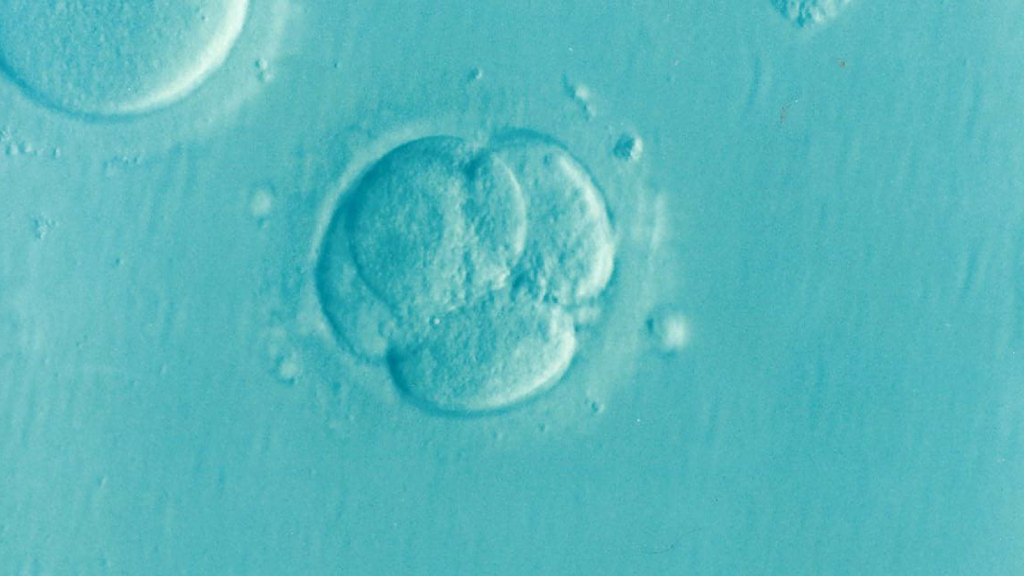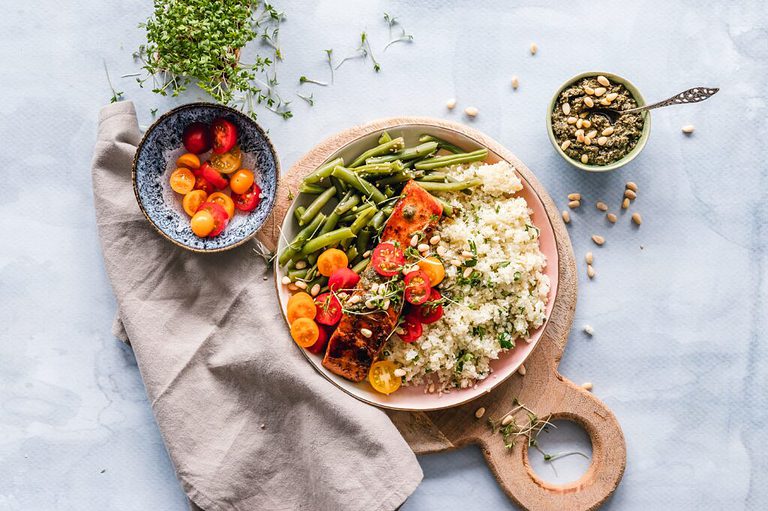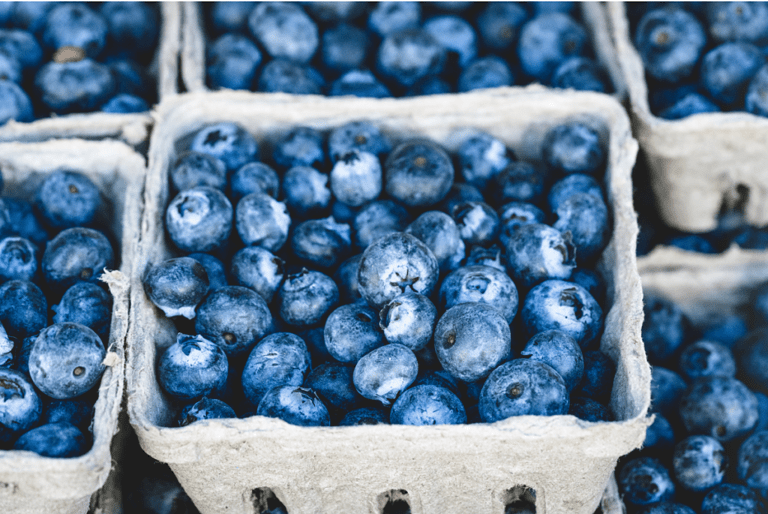Sugar has been painted as a truly awful food in the past 5 years or so, from feeding cancer to causing diabetes, all sorts of outlandish and (often) unsubstantiated claims have been made.
Remember, not one single food is causing disease, it is patterns of food and general lifestyle habits that contribute to health issues.
One of the questions that I am asked regularly is whether sugar affects female fertility, so today we are diving into the latest research which reveals how too much sugar in the diet may be impacting your fertility.
But first, are all sugars made equal?
Is all sugar made equal?
Excuse the pun (Equal is a popular artificial sweetener that does not contain any sugar, by the way), but all sugar whether it is cane, coconut, maple syrup, honey, raw, brown or white does the same thing in the body.
The difference is in the flavours that each type of sugar gives you and your recipes!
The World Health Organization recommends limiting our added sugar (that is sugar that does not naturally occur in foods such as fruit and milk) but rather table sugar, sugars found in processed foods, to 6 teaspoons (or 25 grams) per day!
That’s not a lot! But you can make some simple and gradual swaps overtime to wean yourself off those added sugars.
Now, quick listen added sugars does NOT equal the sugars that naturally occur in foods such as fruit and dairy foods! These are known as intrinsic sugars. Be sure to get in your two servings of fruit per day, to get a boost of fibre, vitamin C and also get some delicious intrinsic sugars (known as fructose) in your diet.
How does sugar affect female fertility?
Great, so you know too much of it isn’t ideal, sure, but what is the relationship to female fertility?
New research from Melbourne researcher, Dr Jemma Evans, has shown a link between diets high in added sugars tends to be linked to reduced fertility in women.
But, how?
Turns out, a high sugar diet can literally alter the cells that line the uterus (i.e. baby’s future home for the next 9 or so months), which, as you can imagine can affect implantation!
Sugar can literally change the way that proteins and fats in the body are “tagged”, high sugar diets are associated with more Advanced Glycation End products (AGEs). As soon as the physical structure of a protein or fat is changed, in the case by being “tagged” by a sugar, the function in the body also changes.
Whilst this study was small, looking at about 33 women, in total, undergoing IVF, what they also were able to show is when they treated healthy endometrium cells with the AGEs, they resembled those found in women with high sugar diets and their function was changed.
The embryo is less likely to attach to the endometrium, i.e. implant. And the placenta had less chance of getting itself established too.

And this is not the first mention of AGEs, in the research. There have been reports of women with PCOS who reported reduced fertility also had higher levels of AGEs (Diamanti-Kandarakis, Piperi & Nicolopoulou-Stamati, 2007; Garg & Merhi, 2015).
Could this be why sugar-sweetened drinks like soft drinks, sports drinks, and energy drinks have been associated with reduced fertility in women (and men)? Well, it is a theory! (Hatch et al., 2017)
As Dr Evans’ paper is so aptly named, fertile ground, developing a healthy uterine environment through diet and lifestyle changes is totally possible as it is so dynamic. Within just a couple of months you can completely transform the receptivity of your endometrial cells to embryos and establishing a healthy placenta to support bub!
To hear more from Dr Jemma Evans herself about this topic, listen to Tasha Jennings’ Conceive Baby podcast episode here.
Dietitian’s Top Tips to Reduce Added Sugars
(1) Go slow, it will take a while to adapt, cold turkey will probably leave you deprived and dreaming of sweets in no time!
(2) Make sure you’re getting your two serves of fruit in each day, nature’s sweets, I know it sounds lame but it really does make a big difference!
(3) Mix your favourite treat with something that satisfies with healthy fats and proteins like combining chocolate with some nuts and seeds as a bit of a trail mix sprinkle some blueberries too for a bit of a thirst-quencher! (P.S. don’t take the one square in the image below as the “guide”, you do you – boo!)
(4) Wean yourself off any sugary drinks like soft drinks and fruit juices, if these feature in your diet daily, it is probably adding up rather quickly for you, try a flavoured sparkling water, or infuse your water with a cold infusion tea bag. Using artificially sweetened drinks temporarily may also be useful until you adapt to less sweet drinks too!
(5) Buy plain – instead of grabbing flavoured yoghurts or cereal products, instead go for plain and then add your own natural sweeteners like fruit, homemade granola a or a drizzle of honey, it will usually be a lot less than what a product has added in!
Try my Greek yoghurt with honey and walnuts for an afternoon snack!
That being said, if you’re stressing about every little gram of sugar entering your mouth and tantalizing your tastebuds (let’s be real, the stuff is delicious!) it probably isn’t serving you to stress about it too much!
Whilst this is exciting and new scientific research it is important to put it into context in your life and how it works and get help when things aren’t going to plan!
Remember, you can book a FREE discovery call with me for 15 minutes via phone or Zoom, this allows us to explore your current struggles and how I can help you eat right for optimal fertility, couples are welcome too!






